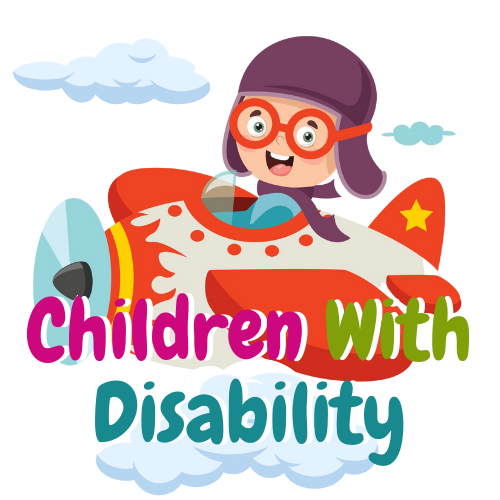What makes disabled children sad
Children with Disability NZ Our mission is to make New Zealand the most disabled child friendly region in the world!

What makes disabled children sad
Physical challenges that can restrict their mobility, independence, or ability to engage in certain activities:
Disabled children, like any other children, can experience a range of emotions, including sadness
Disabled children, like any other children, can experience a range of emotions, including sadness. The factors that contribute to their sadness can vary depending on their individual circumstances, abilities, and support systems. Here are some potential factors that may contribute to sadness in disabled children:
Physical limitations: Many disabled children face physical challenges that can restrict their mobility, independence, or ability to engage in certain activities. This can lead to frustration, isolation, or a sense of missing out on experiences, which may contribute to feelings of sadness.
Social isolation: Disabled children may face social barriers that make it harder for them to interact with their peers or participate in social activities. They may experience exclusion, bullying, or difficulties in forming friendships. Feeling left out or different from others can lead to feelings of sadness and loneliness.
Emotional and psychological challenges: Some disabled children may also experience additional emotional or psychological challenges, such as anxiety, depression, or low self-esteem. These challenges can be related to their disability itself, societal attitudes, or the impact of their disability on their daily lives.
Lack of understanding and support: If disabled children do not receive adequate understanding, support, and accommodations, they may feel frustrated, misunderstood, or marginalized. This can contribute to feelings of sadness and a sense of not being valued or accepted for who they are.
Unmet needs: Disabled children, like all children, have a variety of needs, including physical, emotional, and social. When these needs are not adequately met, it can lead to feelings of sadness or a sense of unfulfillment.
External factors: Disabled children may also experience sadness due to external factors such as financial difficulties, limited access to healthcare or education, or lack of appropriate assistive devices or technologies.
It's important to note that while disability can contribute to sadness in some instances, disabled children can also experience joy, happiness, and a wide range of emotions just like any other child. Providing them with support, understanding, and opportunities for inclusion and participation can help mitigate feelings of sadness and enhance their overall well-being.




From The Head Of Our Team Our Friendly CEO Glen McMillan
“Children with Disability NZ supports disabled children with encouragement and positive influence.”
- Glen McMillan.
Contact Us
Our Mission Is To Make New Zealand The Most Disability-Friendly Region In The World!
Business Hours:
By Appointment Only...
Monday - Friday - 10:00am - 5:00pm Saturday - Sunday Closed!
Postal Address:
Contact Us:
Phone: 021- 685- 400 childrenwithdisabilitynz@gmail.com
Sponsored By Website Design Whangārei:
Email: info@googleexperts.co.nz